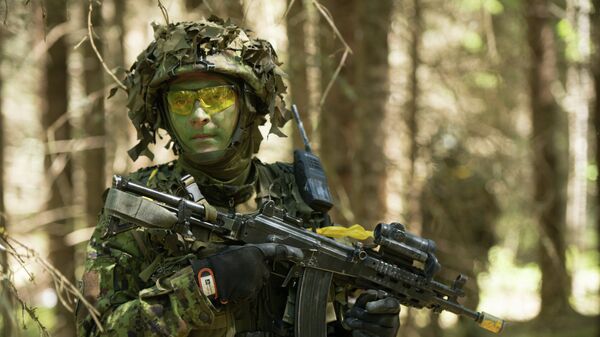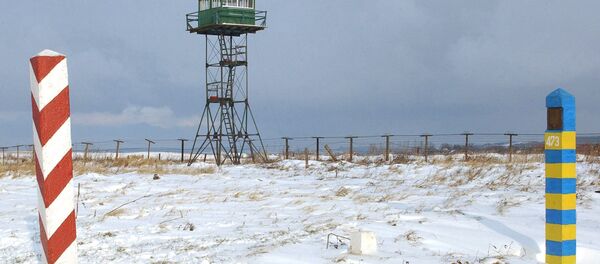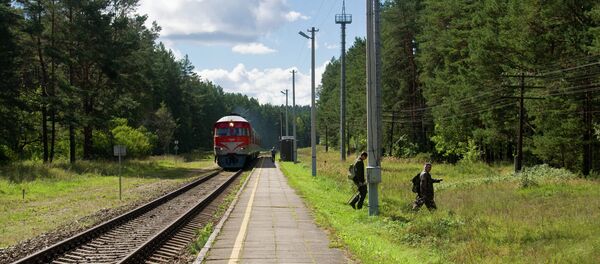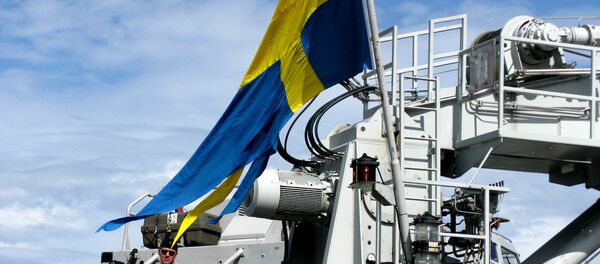Warsaw is set to place six observation towers, mostly financed by the European Union, on its border with Russia, “to monitor and control sectors of the state border.”
Its neighbor, Lithuania, is also in on the act. It is restoring the draft to the army and is supposedly teaching citizens what to do in case a war breaks out.
Polish Chief of Defense, General Mieczysław Gocuł, did not miss the chance to assure Vilnius that Warsaw is ready to meet such a threat, but it is counting strongly on NATO to provide advance warning.
Another Baltic republic, Estonia, has also distinguished itself by confusing its own servicemen, who were on military exercises in the city of Tapa, with the little green men. Even though Tapa has been home to soldiers since the 1930s, and plays an important role in training the young men and women of the Estonian Defense Forces.
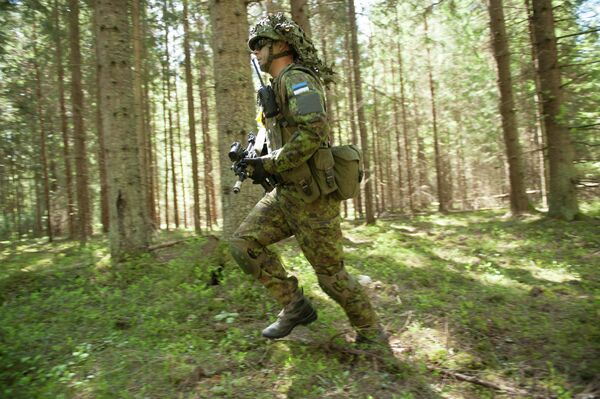
Latvia is has also caught the bug, and has said it said now has plans to give university students military training next year.
Another nearby country, Sweden, believes that every third Russian diplomat who visits the country is a spy.
Lithuania however seems to have been the first to wake up and come to its senses. Having analyzed what could be behind the paranoia, the analysts came up with the answer that it is actually a result of heavy anti-Russian propaganda in the local media. The experts also suggested that if the people are really that interested in Russia, then why not to divert their attention to the actual treasures that Moscow boasts – its history and culture.

